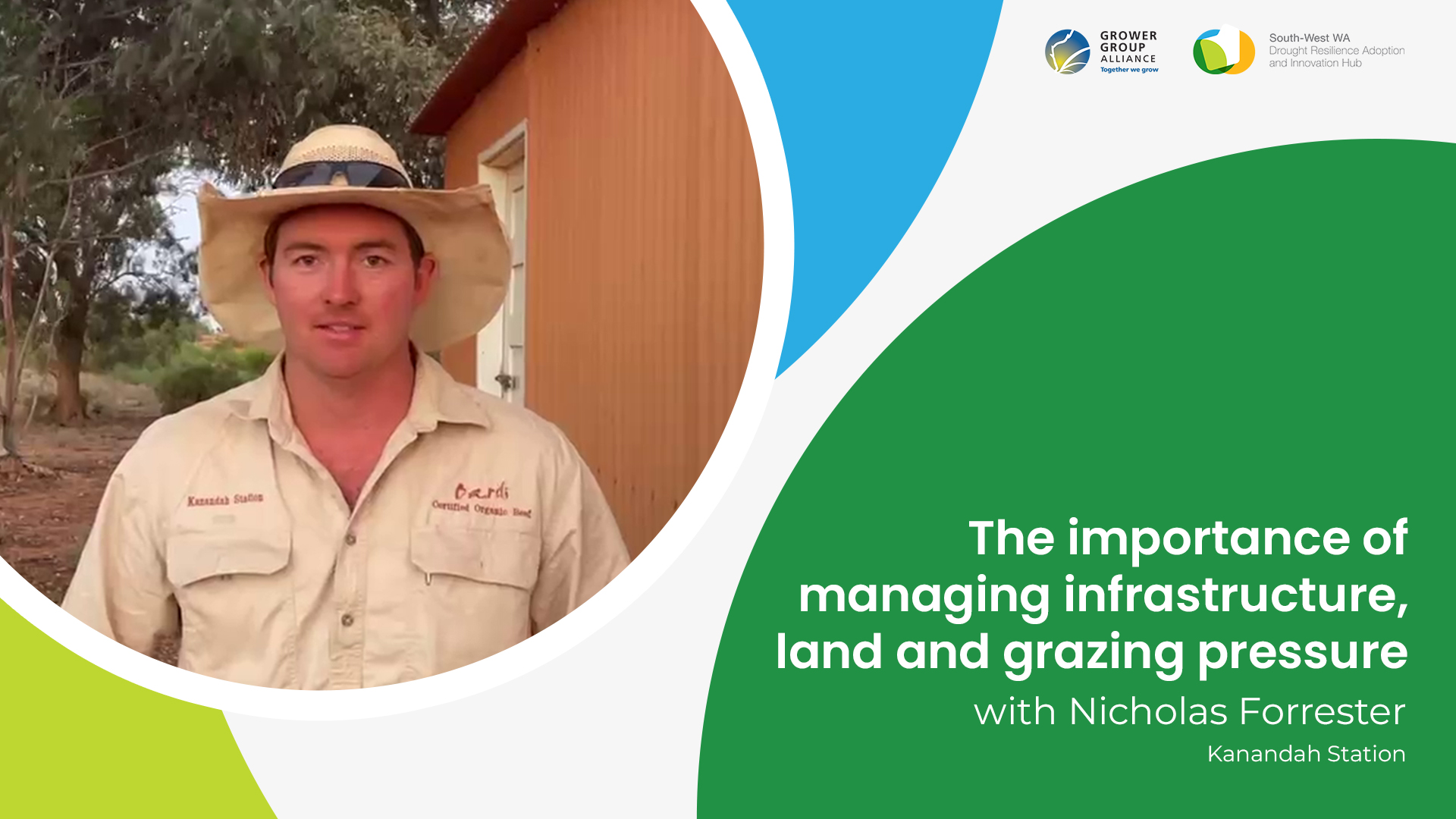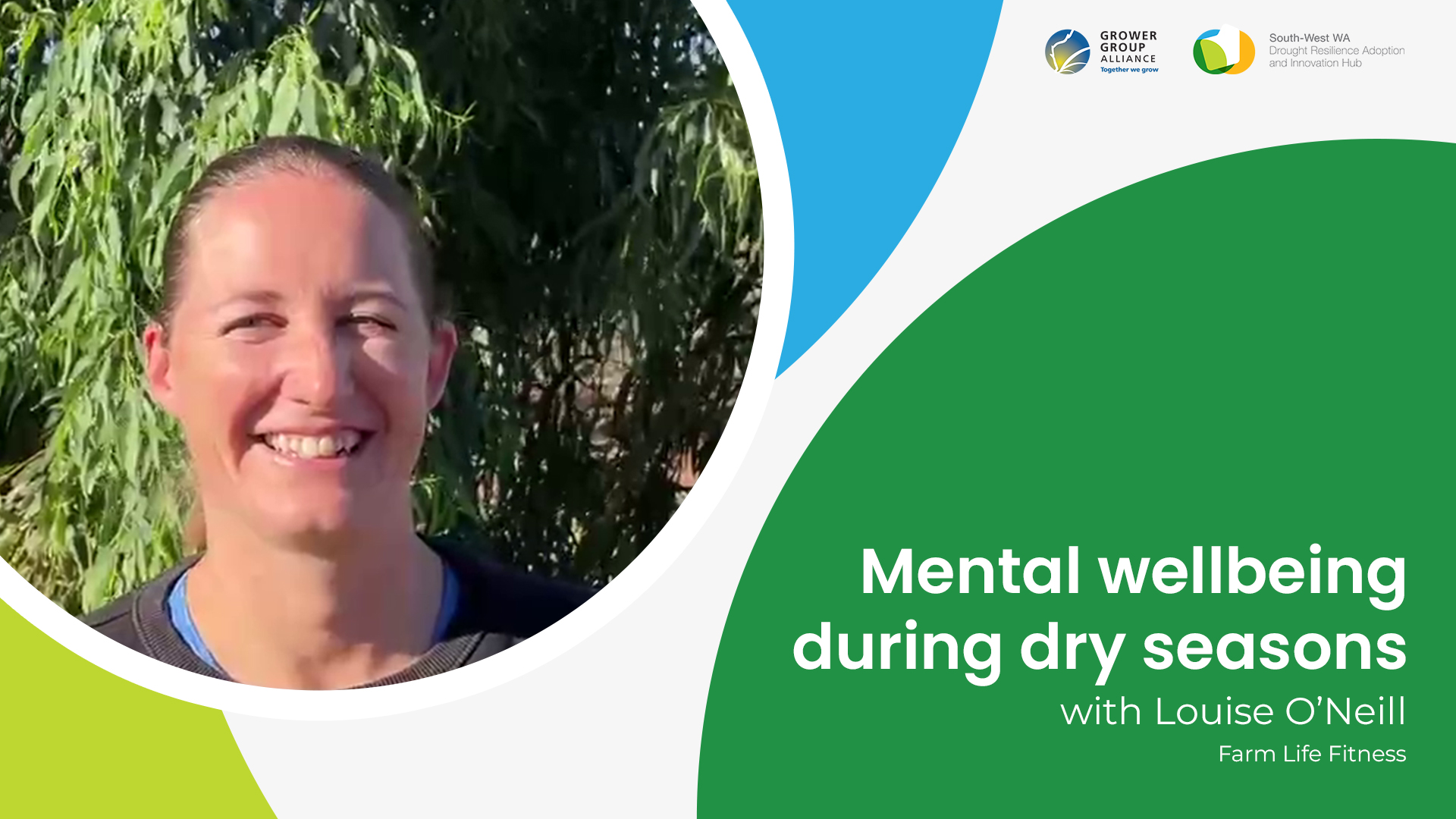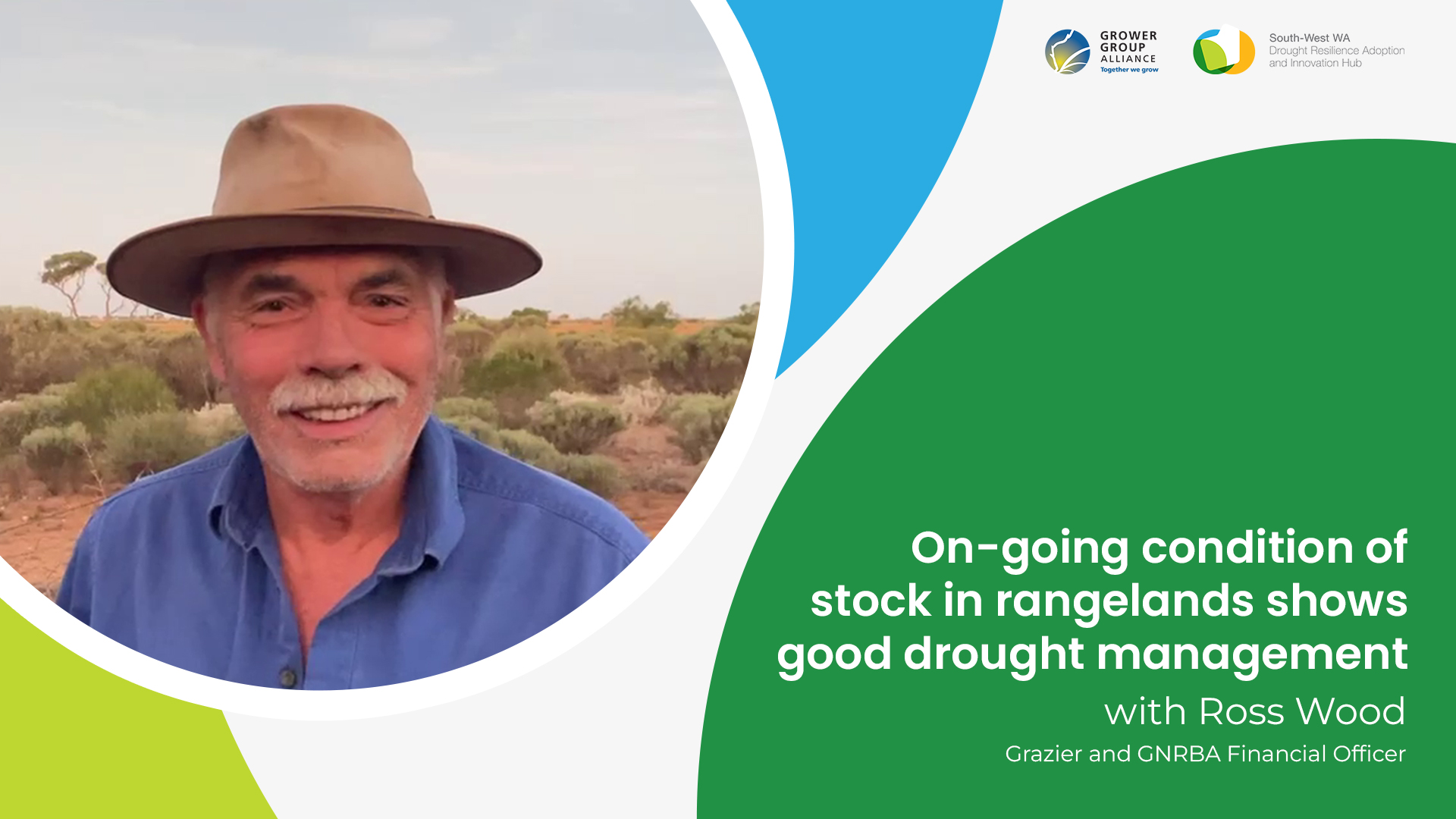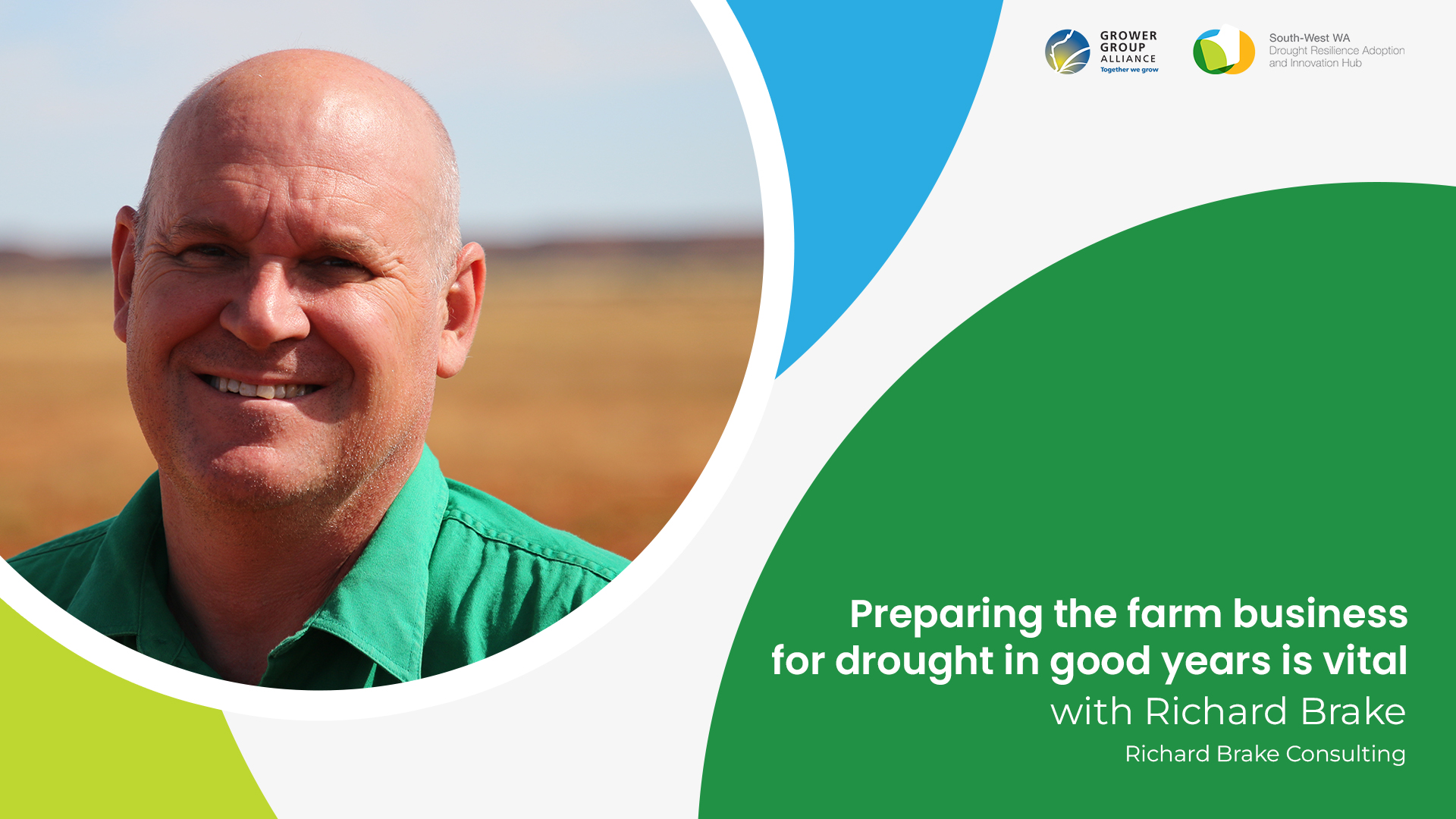The Goldfields Nullarbor Rangelands Biosecurity Association (GNRBA) hosted its second Pastoral Business Toolbox workshop in April at Kanandah Station, deep in WA’s Nullarbor region. This followed the success of the first workshop, held last year at Morapoi Station in the Goldfields.
Funded by the Foundation for Rural & Regional Renewal (FRRR) through the Helping Regional Communities Prepare for Drought – Small Network Grants (an initiative of the Future Drought Fund), the project aims to build the resilience of WA’s pastoral industry. Specifically designed for the Southern Rangelands, the workshops equip pastoralists with practical tools and resources across three key areas: production, business, and mental health. The ultimate goal? To give pastoralists the confidence and knowledge to make informed decisions – both in good seasons and in times of drought.
At Kanandah Station, Hub Knowledge Brokers Tanya Kilminster and Mary-Anne Glanzlowe joined around 25 attendees, including pastoralists, contractors, presenters and the GNRBA team.
The group spent the morning in the field, visiting sites that showcased different landscapes and vegetation types. These visits sparked thoughtful conversations around grazing management and water security.
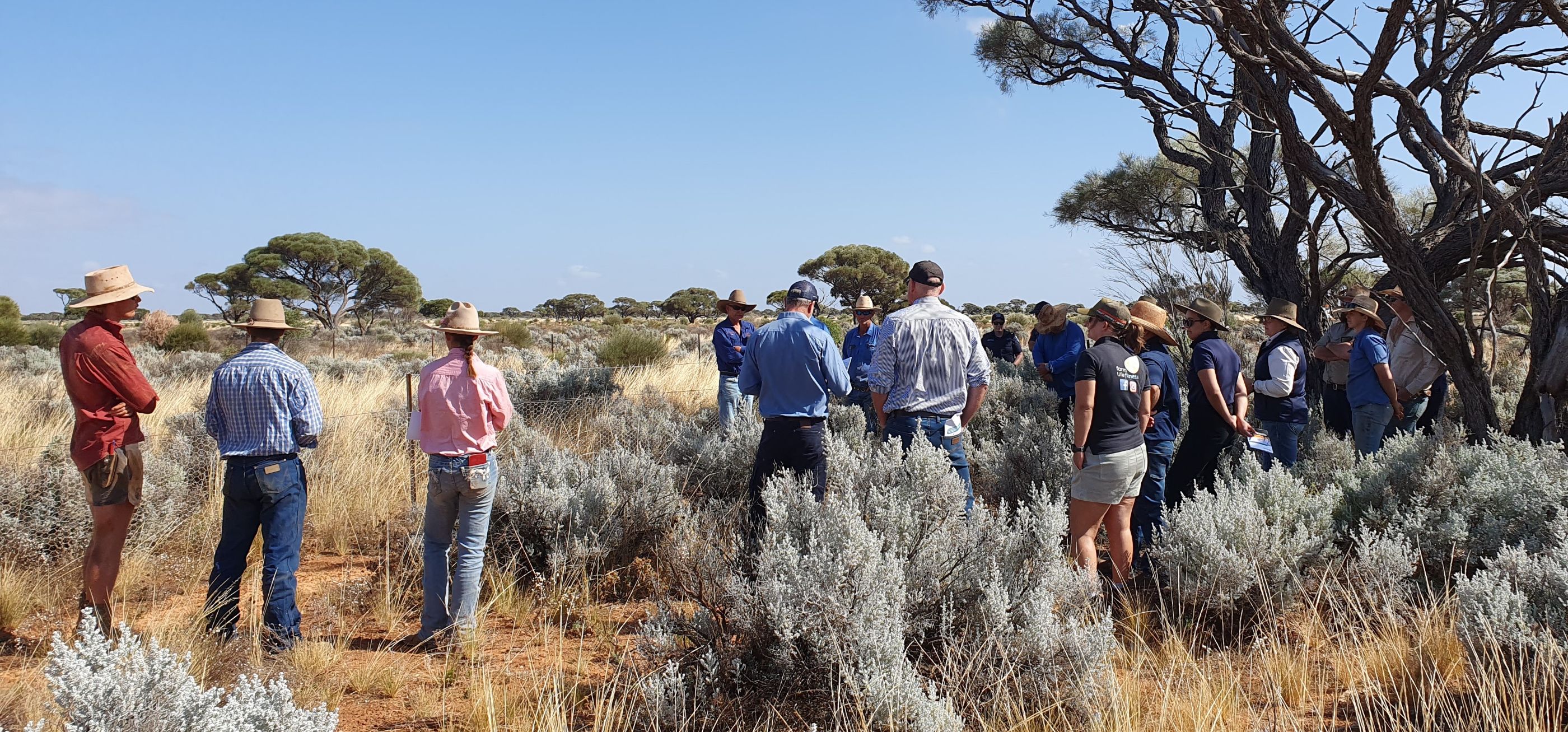
At the dam site, Nicholas Forrester shared insights into the family’s decision-making around water infrastructure investment. With limited access to groundwater, their business relies heavily on a balance between capturing surface water through strategically placed dams and utilising their groundwater fields. To maximise efficiency, existing dams have been upgraded with engineered features to reduce erosion, improve rainfall runoff, and minimise evaporation. Attendees were particularly impressed by the station’s extensive piping network, which plays a critical role in supporting the expansion of their cattle enterprise.
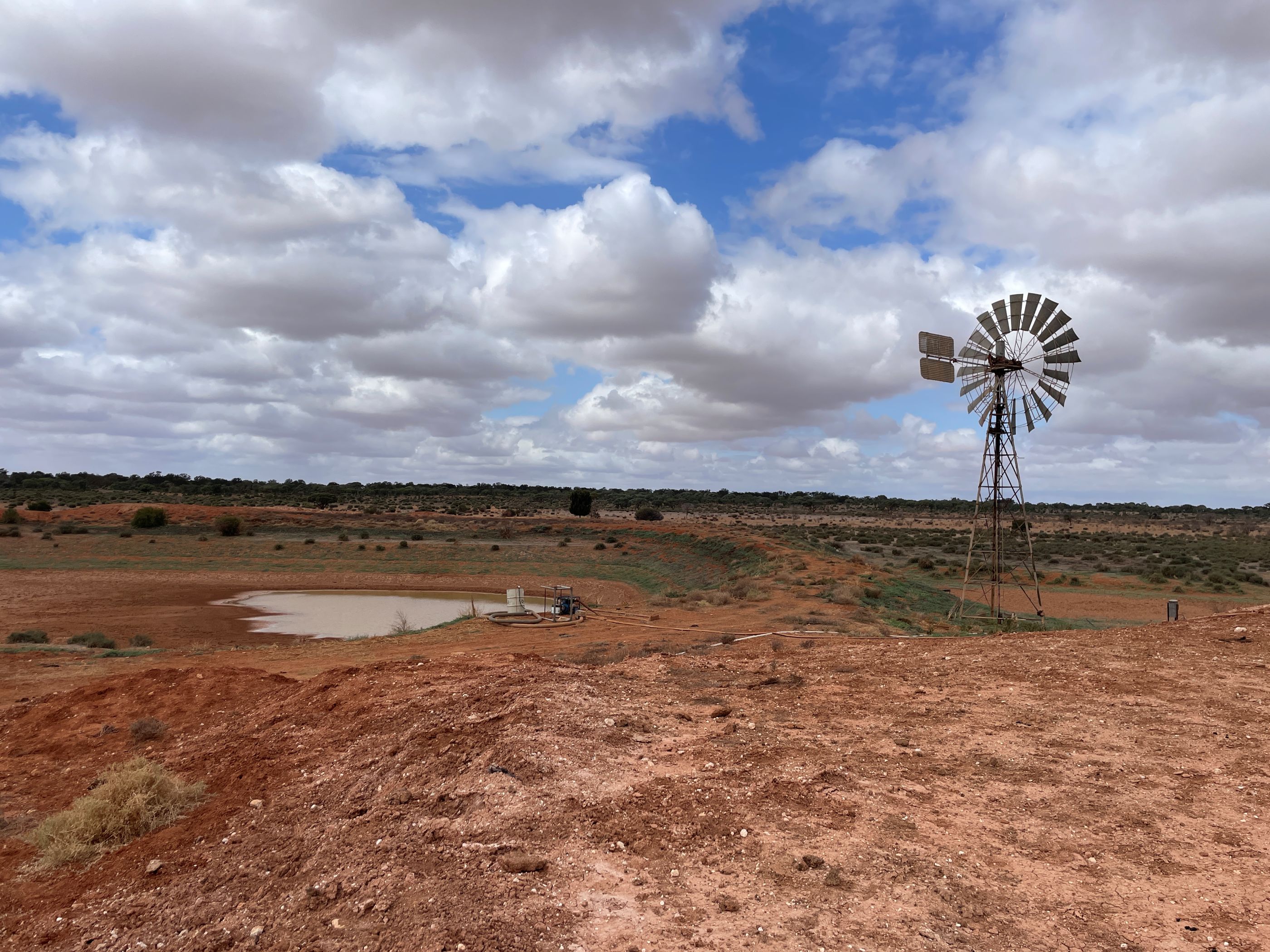
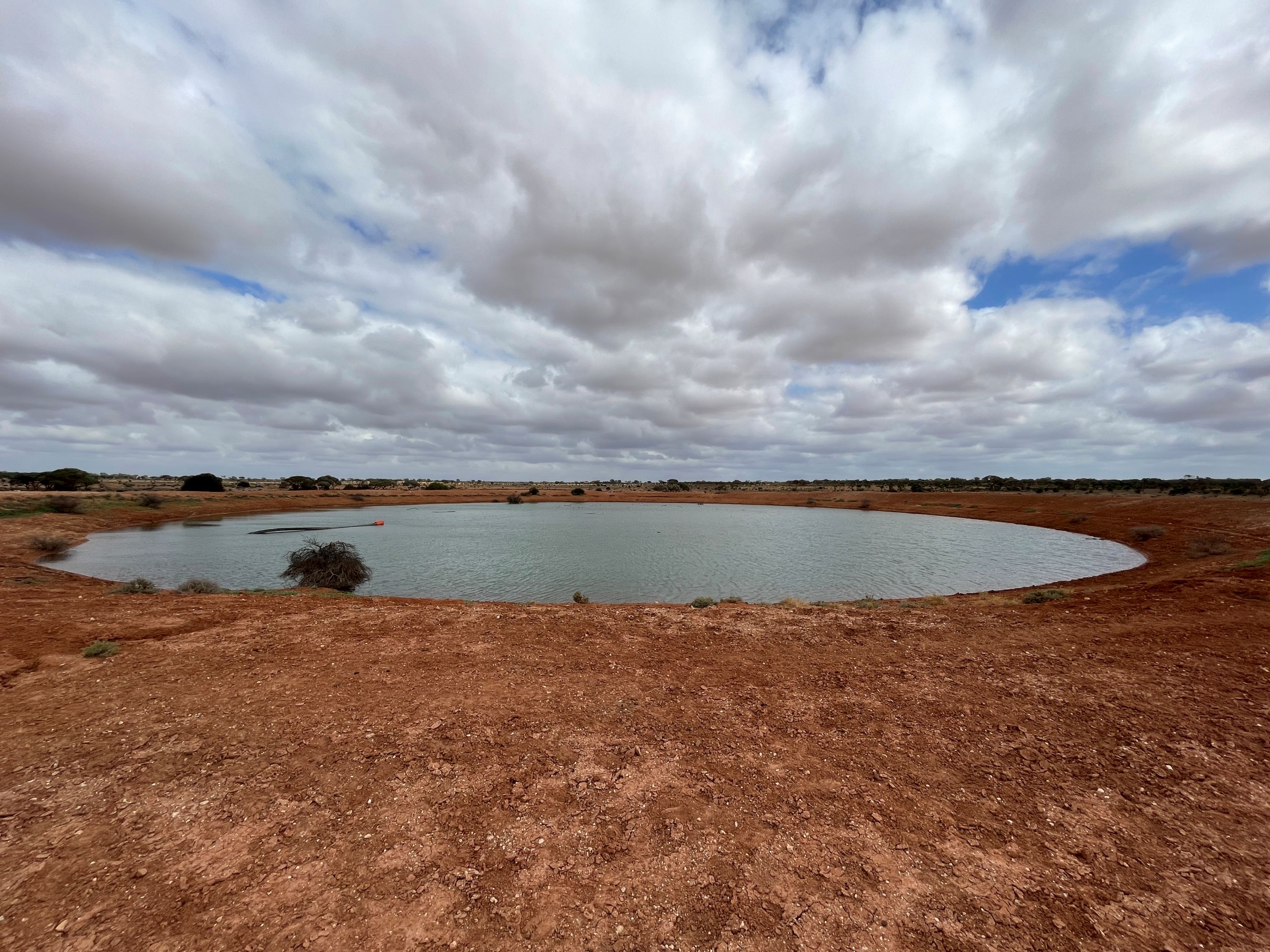
Back at the Kanandah homestead, the afternoon session featured engaging talks from a trio of experts:
- Richard Marver – Landscape and production systems
- Richard Brake – Business planning
- Louise O’Neil – Mental health and wellbeing
Participants travelled hundreds of kilometres to attend, highlighting the value of the opportunity to connect with peers, gain new insights, and enjoy the warm hospitality of the Forrester family. This workshop was another step towards a thriving, resilient pastoral industry in WA’s rangelands.
For more information about the Pastoral Business Toolbox workshop, visit the GNRBA website.
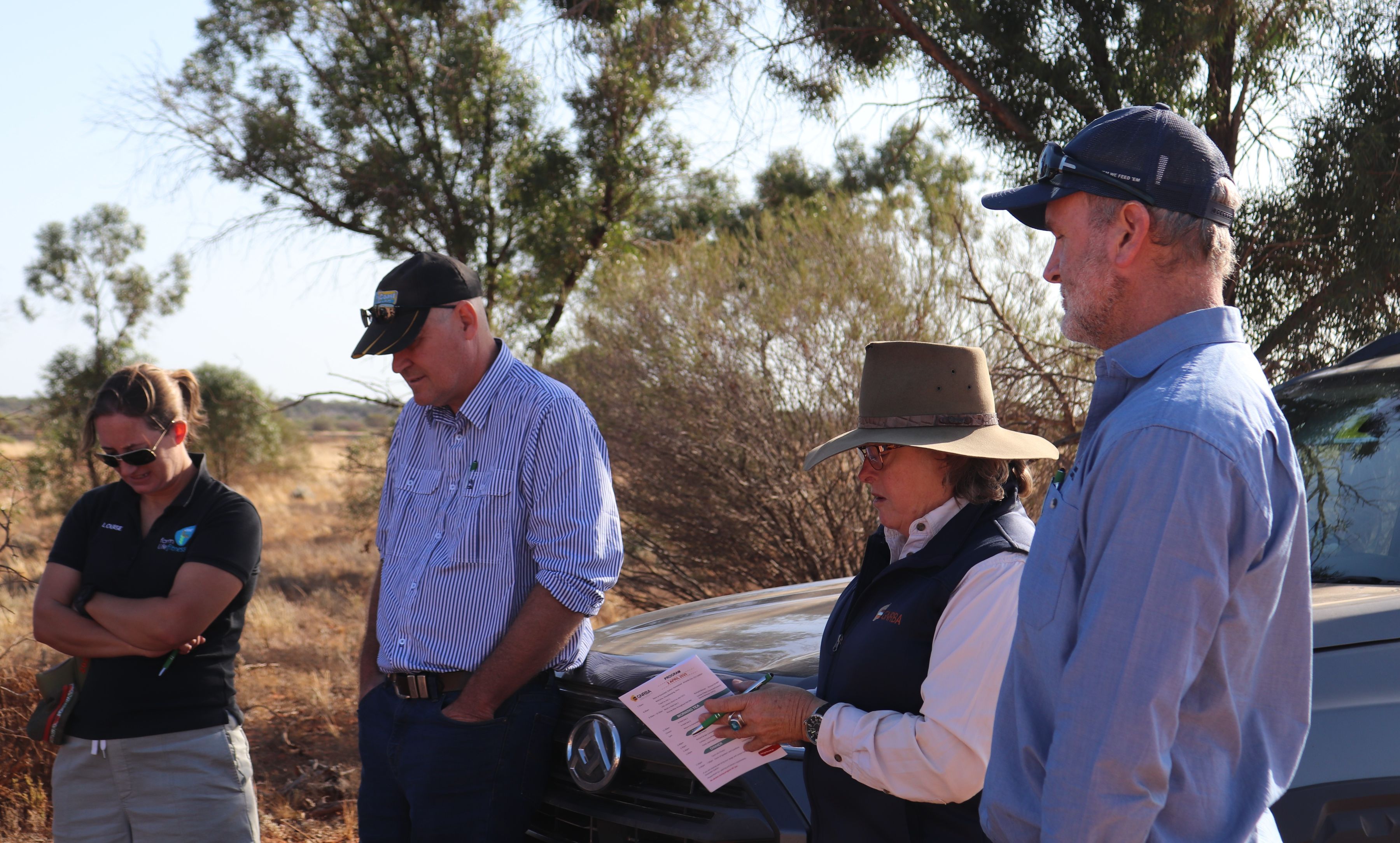
Resources
Check out the resources below for more insights on managing the Rangelands for drought resilience:
Podcast | The triple bottom line: lessons from the Pastoral Business Toolbox
Business, landscape/production, and mental wellbeing are deeply intertwined, each influencing and reinforcing the others. This episode explores the interconnectedness of these three pillars of the triple bottom line in livestock production in the Southern Rangelands.
Project | Managing Rangelands for drought resilience
The South-West WA Drought Resilience Adoption and Innovation Hub and Contour Environmental and Agricultural Consulting, in partnership with Goldfields-located Yerilla Station, trialled and developed a methodology for an aerial photography-based tool to assist pastoralists make proactive stocking decisions across their landscape.
Podcast | Virtual fencing and drone monitoring: enhancing rangeland management through AgTech
In this episode of the Dry Season Resources podcast, Megan Willis (South Australian Research and Development Institute) shares her work using virtual fencing for real-time herd monitoring and improved mustering, while Richard Marver (Contour Environmental and Agricultural Consulting) discusses the role of drones in collecting landscape-scale data to support grazing decisions and pasture health.
Project | Revitalising the Drought Resilience of Western Australia’s Southern Rangelands
The project, led by the Department of Primary Industries and Regional Development (DPIRD), will implement and demonstrate mature drought resilience strategies and land management practices to pastoralists in WA’s Southern Rangelands, spanning 52.3 million ha.
